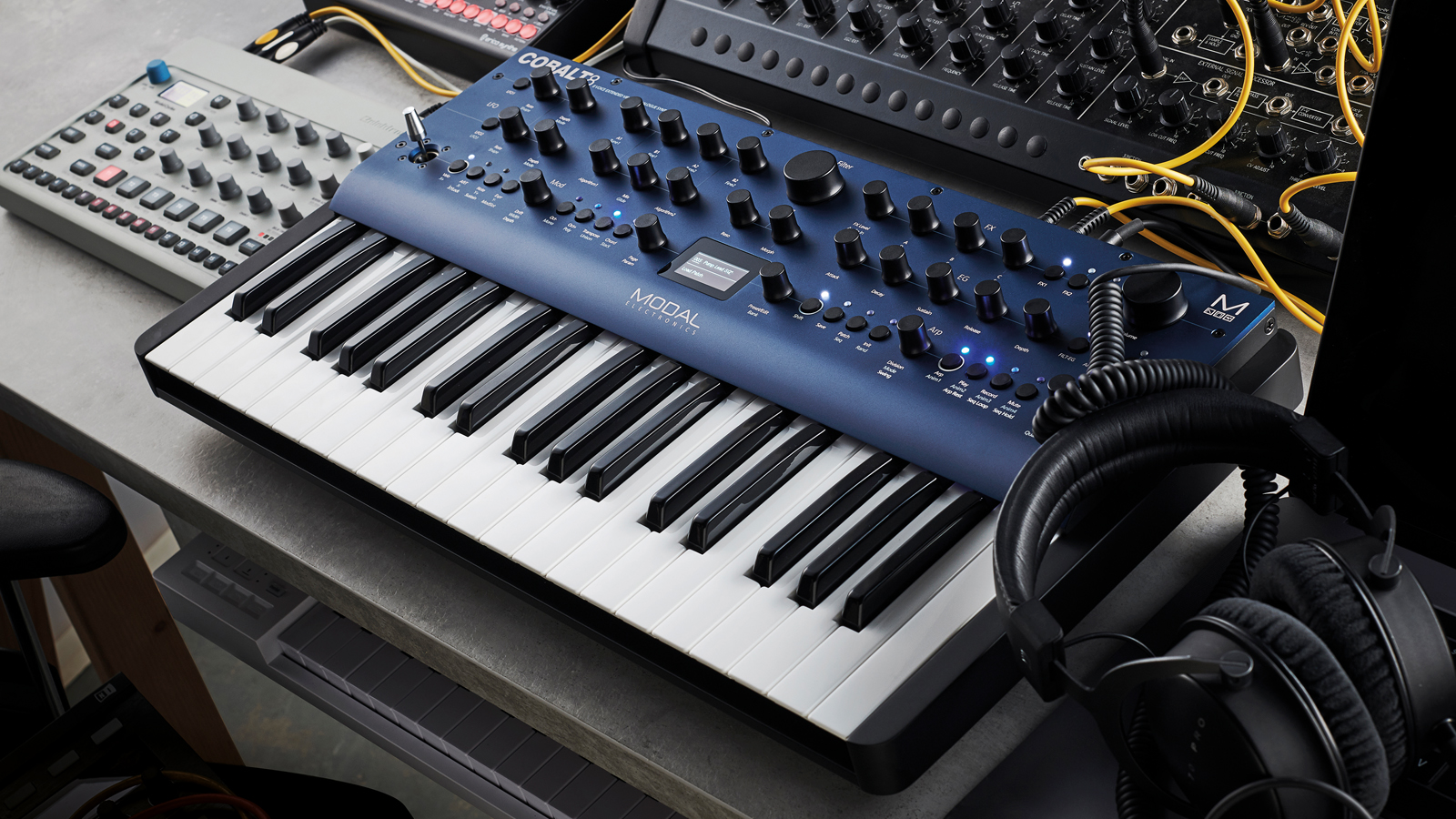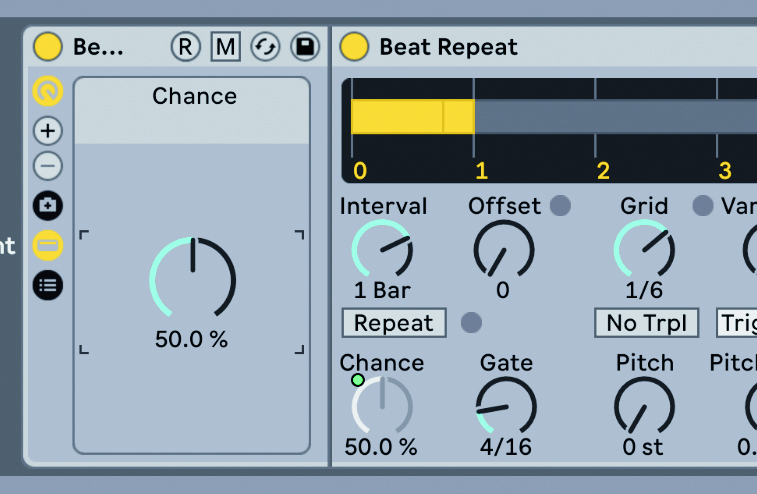The beginner's guide to: bassline
Born in late ’90s northern England, this unruly subgenre was nearly destroyed by police, but may finally be making a comeback

Genres often fade away through lack of interest, but few can match the dramatic tension of bassline, a genre which nearly died out completely thanks to outside pressures.
Despite establishing itself as a distinctly English take on garage and house, bassline was threatened with extinction at the hands of the police after developing a reputation for violence at club nights.
As UK garage declined in commercial popularity around the early 2000s, the scene splintered and went in different directions. Some producers and DJs embraced the darker sounds and evolved into the early roots of grime and dubstep. In the north, others leaned into four-to-the-floor garage sounds, which had lurked quietly in the background while the syncopated sound of two-step garage hogged the limelight.
To a hardcore of fans in the Yorkshire city of Sheffield, the new sound of bassline music was initially synonymous with the Niche club, a notorious venue in which the sound developed in the late ’90s.
With echoes of the Northern Soul tradition of hunting out rare tracks from the US, Niche’s resident DJs including Jamie Duggan, Shaun ‘Banger’ Scott and Chris Bailey began searching for obscure remixes and B-sides of house and garage tracks, settling on darker, moodier cuts like Armand Van Helden’s European Vacation Mix of Faithless’s Insomnia and Loop Da Loop’s Uptown Mix of Todd Terry’s Something Goin’ On (both 1997).
Production largely revolved around similar sounds to house: 909 drums, Korg M1 organ and dark sub-bass
Before long, bassline became established as a distinct sound in its own right, balancing lighter vocal elements with darker sub-bass and intense 135+ bpm beats. In much the same way as house music was named after the Warehouse club in Chicago and garage after the Paradise Garage in New York, bassline was initially widely known as Niche music.

From a production perspective, bassline has a lot in common with house and garage. Early bassline coincided with the advent of more powerful software. Things have evolved, but at its mid 2000s peak, production largely revolved around similar sounds to house: 909 drums, Korg M1 organ. Some producers did step out of that paradigm, however; DJ Q’s You Wot!, featuring MC Bonez (2008), is a bassline classic but the production and vocals show that bassline was a cousin to grime.
Want all the hottest music and gear news, reviews, deals, features and more, direct to your inbox? Sign up here.
Crossover hits like T2’s Heartbroken (2007) and H Two Oh’s What’s It Gonna Be? (2008) proved that bassline could enjoy commercial success just like UK garage had done previously, but there were big problems in the background. The bassline scene’s biggest threat came from its reputation for violence.
Insiders argue that the trouble was sometimes exaggerated, but police had the scene in their sights and seemingly targeted clubs and promoters rather than drug dealers and gangs. The original Niche venue was closed down by police after more than 300 officers carried out a drugs raid in 2005 at a cost of £680,000. Small quantities of drugs were found as clubbers were searched but no convictions resulted from the raid.
You can trace the evolution of bassline way back to the early ’90s
Bassline DJs felt persecuted and believed that police were trying to kill the scene. Duggan has said that his association with the club made it almost impossible for him to get DJ bookings at other events, with promoters and police associating the club so strongly with trouble that events were shut down and licences refused. In the face of these challenges, bassline declined in popularity from its peak around 2008/9. A second Niche venue was opened after negotiations with police, but closed in 2010 following five stabbings outside the club in a night.

Some of the bassline hardcore such as DJ Q, Duggan and TS7 kept the faith, but it wasn’t really until the mid-2010s when bassline slowly started to creep back into the wider consciousness. The launch of The Bassline Festival in Manchester in 2015 is cited as a turning point, a 5,000-capacity event featuring younger acts like Flava D alongside scene legends like Shaun ‘Banger’ Scott.
Renamed Bassfest and embracing a broader spectrum of bass music, this year’s main event takes place at the huge Sheffield Don Valley Bowl in July. The resurgence of interest allows it to sit comfortably in the broader spectrum of UK bass and dance music. Not bad for a genre which once looked like it might die out completely.
Three eras of bassline...
1. The '90s
Todd Terry - Something Goin’ On (Loop Da Loop Uptown Mix) (1997)
You can trace the evolution of bassline way back to the early ’90s, but the roots are most clearly audible from the late ’90s on. Featuring vocals from the legendary Jocelyn Brown and Martha Wash, Terry’s original version is a true house classic. This remix by London producer Nicolas Dresti – now better known under his Space Cowboy alias – was adopted by Niche resident DJs as the club was establishing itself in the early days of bassline. Adding Jamaican influences, wild sound effects and warping basslines, the Uptown mix helped lay the foundations for bassline.
2. The '00s
T2 featuring Jodie Aysha – Heartbroken (2007)
Probably bassline’s first proper crossover hit, and still one of the biggest, Leeds producer T2’s Heartbroken showcased the songwriting and vocal talents of Jodie Aysha. With its distinctive twisted basslines and chopped-up vocal samples, Heartbroken hit number two in the UK singles chart and introduced a wider audience to the bassline sound. It reportedly remains the most requested song of all time on BBC Radio 1.
3. The present
Bad Boy Chiller Crew – Don’t You Worry About Me (2021)
Bradford’s BBCC might seem an unlikely prospect on paper, starring in their own TV documentary, churning out viral prank videos and comedy skits, plus helping to usher in a new generation of bassline. Released via legendary UK dance label Relentless Records, Don’t You Worry About Me locks into classic house and garage production styles with an infectious organ riff courtesy of producer Tactics.


Future Music is the number one magazine for today's producers. Packed with technique and technology we'll help you make great new music. All-access artist interviews, in-depth gear reviews, essential production tutorials and much more. Every marvellous monthly edition features reliable reviews of the latest and greatest hardware and software technology and techniques, unparalleled advice, in-depth interviews, sensational free samples and so much more to improve the experience and outcome of your music-making.
